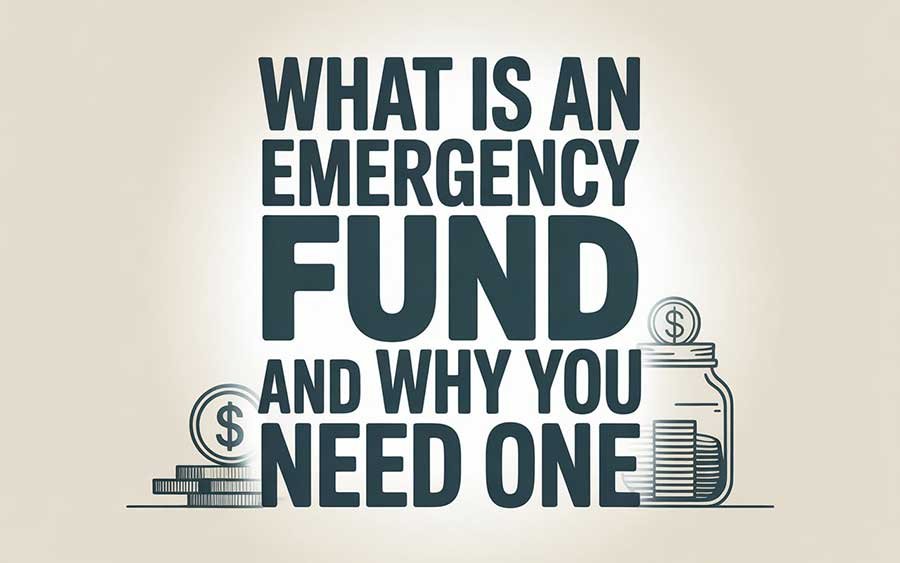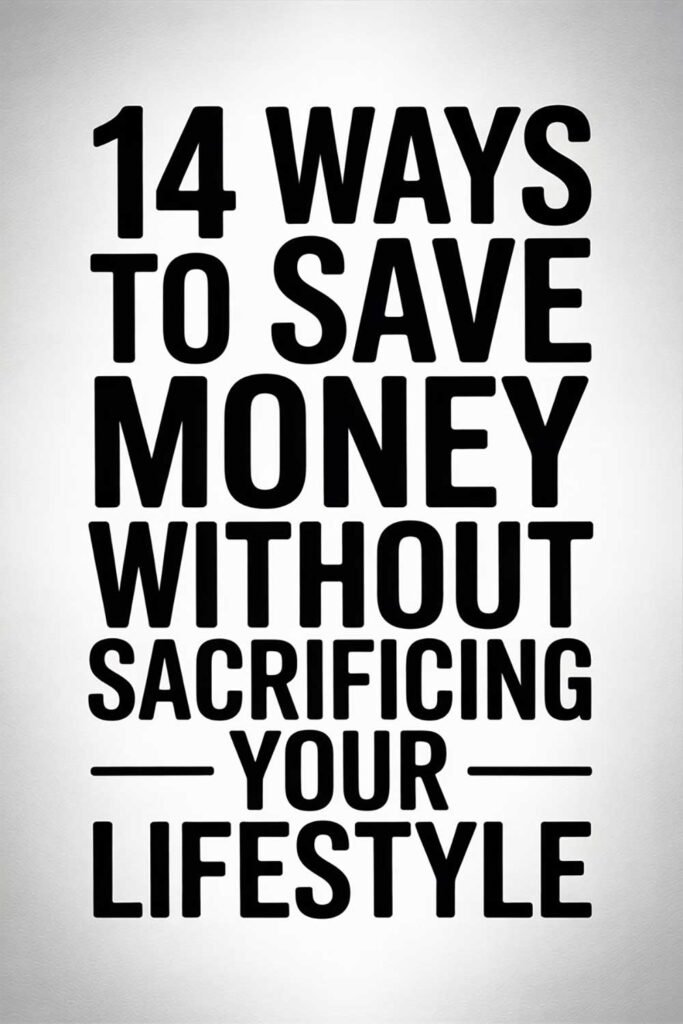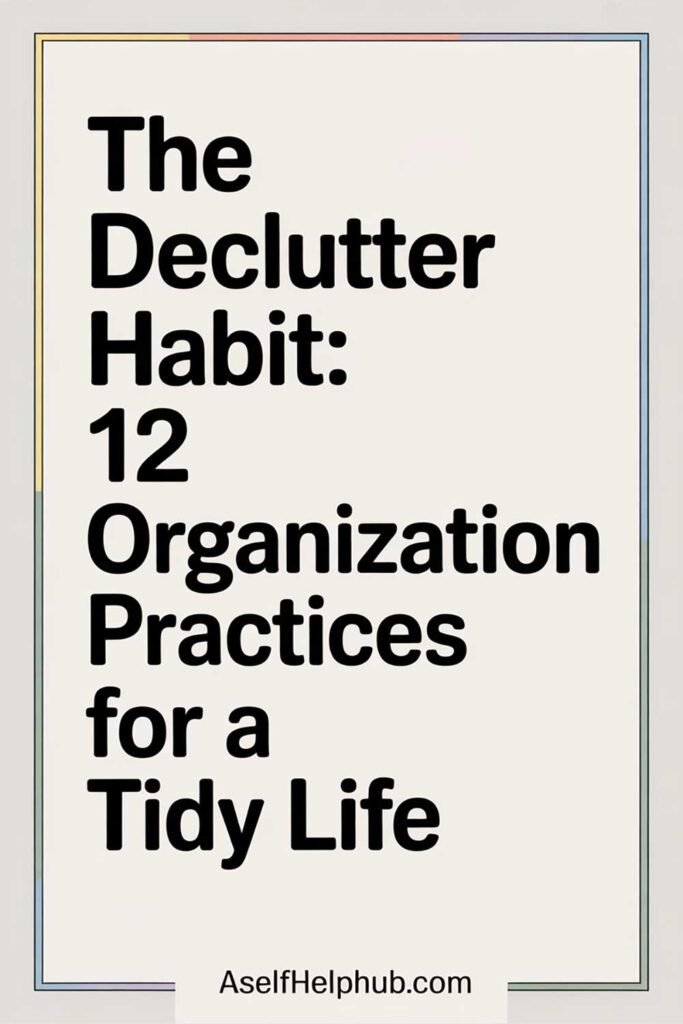
What Is an Emergency Fund and Why You Need One
Imagine your car breaks down, your job suddenly ends, or a medical bill lands in your mailbox. Would you have the cash to cover it without panicking or going into debt? That’s where an emergency fund comes in — and why it’s one of the most important financial safety nets you can have.

In this comprehensive guide, we’ll break down what an emergency fund is, why you absolutely need one, how to start it (even on a tight budget), and real-world stories that prove its life-changing value.
What Is an Emergency Fund?
An emergency fund is a stash of money set aside to cover unexpected expenses or financial emergencies. Think of it as your personal financial cushion — ready to catch you when life throws a curveball.
This isn’t money for vacations, shopping sprees, or even planned expenses. It’s for unplanned, urgent costs like:
- Medical emergencies
- Car or home repairs
- Job loss or reduced income
- Emergency travel
- Unexpected bills or legal costs
Your emergency fund acts as a buffer so you don’t have to rely on credit cards or loans when life happens.
Why You Absolutely Need an Emergency Fund
Emergencies happen — often when you least expect them. Here’s why having an emergency fund is non-negotiable:
1. Reduces Stress
Knowing you have money tucked away brings peace of mind. Financial stress is one of the top causes of anxiety and relationship problems. An emergency fund helps ease that burden.
2. Avoids High-Interest Debt
Without a backup fund, many people turn to credit cards or payday loans — which can spiral into long-term debt. Your emergency fund protects you from that trap.
3. Increases Financial Confidence
You’ll feel more in control of your life. Whether it’s leaving a toxic job or handling a health crisis, knowing you’re financially prepared makes all the difference.
4. Provides Flexibility
You can make better life decisions — not desperate ones — when you have a safety net. You gain breathing room, time, and the ability to recover on your terms.
How Much Should You Save?
Experts recommend aiming for three to six months of living expenses. But if that feels overwhelming, start with a goal of $500 to $1,000 — enough to handle most small emergencies.
Quick Benchmarks:
- $500 – $1,000: Great for beginners
- 1 month of expenses: A solid next step
- 3–6 months of expenses: Financially stable zone
Your ideal amount depends on your lifestyle, job security, income sources, and dependents.
Where Should You Keep Your Emergency Fund?
Accessibility is key — but not too accessible that you’re tempted to spend it. Ideal options include:
- High-yield savings account (FDIC-insured)
- Money market account
- Separate bank account labeled ‘Emergency Fund’
Avoid investment accounts or physical cash — your emergency fund needs to be safe and instantly available.
How to Start an Emergency Fund (Even If You’re Broke)
1. Set a Small Goal First
Start with $10, then $50, then $100. Building momentum is more important than hitting a perfect number right away.
2. Automate Savings
Set up automatic transfers from your checking account to your emergency fund. Even $10/week adds up fast.
3. Cut One Unnecessary Expense
Cancel a subscription, skip a takeout meal, or lower your streaming services for one month. Funnel the savings into your fund.
4. Use Windfalls Wisely
Tax refund? Birthday money? Side gig payment? Direct a portion (or all) to your emergency stash.
5. Open a Separate Account
Out of sight, out of mind. Keep it separate so you’re not tempted to dip into it for non-emergencies.
Real-Life Examples of Emergency Funds in Action
Maria – The Job Loss Survivor
When Maria lost her job during a company-wide layoff, her emergency fund covered three months of rent and bills. She had time to search for the right job — not just any job — and landed a better-paying position two months later.
Jason – The Single Dad With Peace of Mind
Jason is a single parent with two kids. When his daughter broke her arm unexpectedly, his $2,000 emergency fund covered the out-of-pocket costs. He didn’t miss a beat at work, and his stress levels stayed manageable.
Alicia – The Side Hustler Turned Entrepreneur
Alicia saved $6,000 in an emergency fund before quitting her job to pursue her business full-time. That fund helped bridge the gap between her old salary and her first few slow months as a new entrepreneur.
These stories show that emergency funds aren’t just financial tools — they’re confidence boosters, freedom makers, and stress reducers.
20 Quotes About Emergency Funds and Financial Preparedness
- “The best time to repair the roof is when the sun is shining.” – John F. Kennedy
- “Do not save what is left after spending, but spend what is left after saving.” – Warren Buffett
- “A penny saved is a penny earned.” – Benjamin Franklin
- “An ounce of prevention is worth a pound of cure.” – Benjamin Franklin
- “Money in the bank is a great comfort in life.” – Unknown
- “Prepare for the worst, hope for the best.” – Proverb
- “Savings, remember, is the prerequisite of investment.” – Campbell McConnell
- “Planning is bringing the future into the present so you can do something about it now.” – Alan Lakein
- “Fortune favors the prepared mind.” – Louis Pasteur
- “In case of emergency, break the glass — not your credit card.” – Unknown
- “It’s not if an emergency will happen. It’s when.” – Unknown
- “Every dollar saved today is peace of mind tomorrow.” – Unknown
- “Live beneath your means so you can live above your fears.” – Unknown
- “Emergency funds turn chaos into control.” – Unknown
- “Financial security isn’t luck — it’s preparation.” – Unknown
- “Saving money is like planting a tree. It starts small but grows strong over time.” – Unknown
- “Being broke during a crisis is a choice if you could’ve prepared.” – Unknown
- “An emergency fund is self-care in financial form.” – Unknown
- “Smart people save. Smarter people plan.” – Unknown
- “The future is uncertain, but your preparation doesn’t have to be.” – Unknown
Picture This
Picture this: You wake up to an email — your company is downsizing. Instead of panicking, you check your emergency fund balance. Rent? Covered. Food? Handled. Utilities? Already planned for.
You take a deep breath. You don’t have to settle for just any job — you have time to find the right one. You’re not scrambling. You’re in control. That’s what an emergency fund gives you: power, peace, and freedom.
Now imagine you didn’t have that safety net. Which version of the story would you rather live?
Please Share This Article
If this article helped you understand the power of an emergency fund, please share it with a friend or loved one. You never know who might be one paycheck away from disaster — and this could be the message that helps them change course.
Disclaimer
This article is for informational purposes only and is based on personal experience, general financial principles, and publicly available examples. It does not constitute financial advice. Always consult a certified financial advisor for personal guidance and recommendations.






